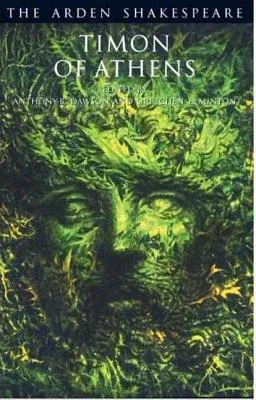William Shakespeare
(Author)Timon of Athens: Third SeriesPaperback, 24 June 2008

Qty
1
Turbo
Ships in 2 - 3 days
Only 2 left
Free Delivery
Cash on Delivery
15 Days
Free Returns
Secure Checkout

Part of Series
Arden Shakespeare Third
Part of Series
Arden Shakespeare
Part of Series
Arden Shakespeare Third (Paperback)
Print Length
472 pages
Language
English
Publisher
Arden Shakespeare
Date Published
24 Jun 2008
ISBN-10
1903436974
ISBN-13
9781903436974
Description
Product Details
Author:
Book Format:
Paperback
Country of Origin:
CN
Date Published:
24 June 2008
Dimensions:
19.56 x
12.7 x
2.79 cm
Genre:
British
ISBN-10:
1903436974
ISBN-13:
9781903436974
Language:
English
Location:
New York
Pages:
472
Publisher:
Weight:
498.95 gm